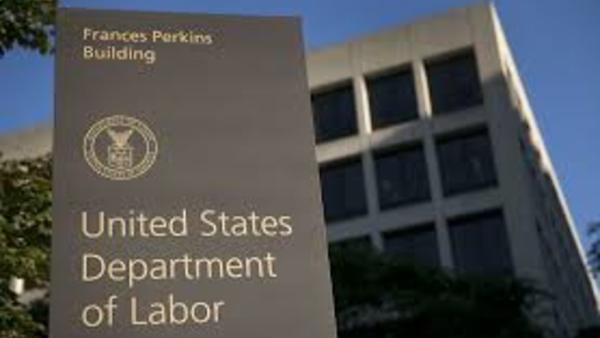
New overtime regulations put in place by the Obama administration could end up fizzling if the Department of Labor fails to battle for their implementation.
That’s according to a Society for Human Resource Management report, which says the DOL’s request for more time to file a brief in appeals court over the measure.
Jim Swartz, an attorney with Polsinelli in Atlanta, is cited in the report saying the failure of the DOL to quickly pursue litigation indicates a lack of incentive to defend the measure. And confirmation of nominee Alexander Acosta as secretary of labor could ensure the demise of the overtime rule.
“The overtime rule isn’t dead, but it is on life support,” Swartz is quoted saying. “There remains some procedural wrangling to be resolved — both in the appeals and lower court.”
The rule would not only raise the white-collar salary exemption level from $23,660 to $47,476 per year, it would also increase that threshold automatically every three years. But the rule was challenged in court by 21 states, led by Nevada and Texas, which filed an emergency motion to bar it; the motion was preliminarily granted in November 2016.
While the DOL appealed the bar to the 5th U.S. Circuit Court of Appeals, the Department of Justice has stalled on filing a reply brief on behalf of the DOL, instead asking for repeated delays. Its most recent request on April 14 has asked to postpone filing till June 30 and points out that the new secretary of labor has not yet been confirmed.
While there’s currently debate over whether the DOL even has the authority to set a salary threshold for white-collar exemptions, the fight will likely continue even if the DOL abandons the fight, since the Texas AFL-CIO has filed a petition to intervene. No action has yet been taken on that.
Several experts cited in the report say abandoning the fight for the rule by the DOL would not be wise. One reason, according to Steven Suflas, an attorney with Ballard Spahr in Denver and Cherry Hill, N.J., is that “The basis for the district court’s opinion was that the Fair Labor Standards Act [FLSA] does not permit a salary-level component to the white-collar exemptions.”
Suflas is quoted in the report saying, “Not only is that contrary to 80-plus years of DOL policy and enforcement, it would also mean that executive, administrative and professional employees could be paid at the minimum wage, provided that they meet a job duties test. This is such a radical change to DOL policies and procedures that the agency may need to continue to resist the nationwide injunction to ensure consistent enforcement of the FLSA”
It’s expected an Acosta confirmation would provide more clarity with regard to the DOL’s approach to the litigation, as well as to the policy itself.
Originally published on BenefitsPro. All rights reserved. This material may not be published, broadcast, rewritten, or redistributed.


